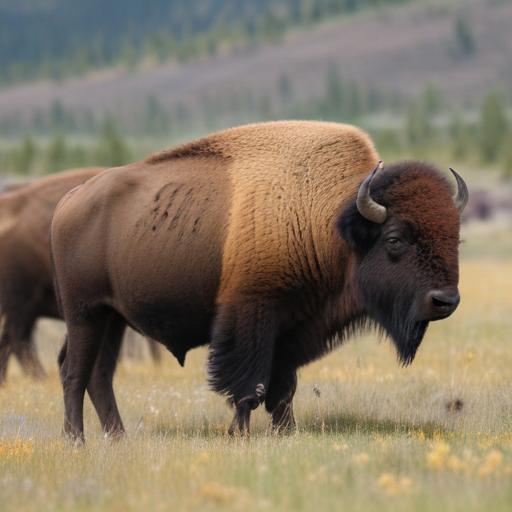Recently, social media influencer Scott Whitehead, who describes himself as an “animal expert,” stirred up significant attention by claiming that wildlife is abandoning Yellowstone National Park in droves. His viral videos showcased what he referred to as “grizzle bears” alongside other animal species supposedly leaving the park, which led to widespread speculation on platforms like Google about a potential volcanic eruption at Yellowstone.
However, the National Park Service, along with wildlife experts, have firmly debunked these claims. Linda Veress, a spokesperson for the park service, emphasized that the videos are false and likely originate from AI-generated or satirical content. “Wildlife is not leaving Yellowstone National Park in large numbers,” she stated, asserting that the current volcanic activity levels are normal.
Bill Hamilton, a wildlife biologist, indicated that the behavior of bears depicted in the video was inconsistent with typical bear congregation patterns, which typically only occur in the presence of a significant food source.
Investigations by Snopes revealed that, while Whitehead’s video was genuine, it was misattributed to Yellowstone and was actually taken at Bear Country USA, a wildlife park in South Dakota, known for housing black bears, not grizzlies. Additionally, follow-up content related to bears on Yellowstone roads has also been flagged as AI-generated misinformation.
Previous claims from Whitehead have also raised alarms among fact-checkers, including a recently disproven assertion about mountain lions migrating from Yellowstone to Utah through a video shot in Patagonia.
This situation highlights the ongoing challenge of misinformation in today’s digital landscape, particularly concerning wildlife behavior and environmental issues. Understanding animal movements and behaviors is essential for conservation, and misleading narratives can hinder public awareness and appreciation for these natural phenomena.
Education and factual reporting remain vital as we navigate these discussions about wildlife and national parks.
